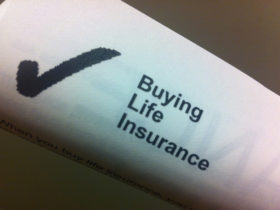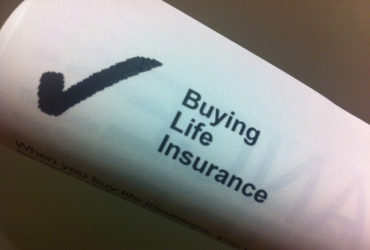Today, when you apply for credit cards, instant decision algorithms tell you very quickly whether you’ve been accepted or not. The banks have tightened their credit card approvals process considerably since the financial crisis, though. The fact that instant decision systems exist, though, shouldn’t lead you to think that passing a credit card verification process is simple.
Whether you choose to submit your application online or in person, the fact that you’ve applied appears on your credit report. You don’t want to apply unless you feel that you have a good chance of being accepted.
Your first step in applying for a credit card should be to get a soft pre-verification check done. Many banks and other personal finance websites provide the service. A soft check doesn’t pull your credit report – it merely evaluates your chances of passing a proper credit card verification check with whatever information you are able to fill in.
If your pre-verification check seems less than certain about your chances, you need to do everything you can to improve your chances. Only then should you apply in earnest.
What Can You Do To Improve Your Chances?
The health of your credit file is an important part of how easily you pass an instant decision for a credit card. Before you fill out an application, it would be a good idea to check out your credit yourself and to build it up as well as you can. If you have missed payments recently, you should make sure that you pay regularly for a few months before you attempt to apply for a credit card.
Once You Have Worked On Your Credit Rating…
To even begin to qualify for a credit card, you need to be a UK resident and at least 18 years of age (many banks require that applicants be 25 years of age). Depending on what kind of credit card you are applying for, a regular income and some financial history may also be required.
A part of your success passing a card application decision comes down to doing a good job providing accurate information on the form. Since the banks always ask for multiple documents to back up the information that you provide, any mistake that you make will be caught out. Keep documents on hand for the following.
Identification that shows your name, title and contact information
You will need details of your job on hand – what your job title is, whether you are employed full-time or part-time, the name of your employer and the relevant contact information. The longer you have served with the same employer, the better your chances getting a good credit card – someone with a steady job is considered a good bet.
You’ll need to provide some financial information. You need proof of what your exact salary is and where your bank account is. You should have the name of the name of the bank that you’ve operated regularly for the longest time. A long banking record works in your favor.
You could need to provide details of any loans that you have to your name. You need to be careful not to omit any known loan. The credit card provider could easily verify the information that you provide.
Make Sure That You Apply For The Right Kind Of Credit Card
Many credit card applications end in rejection simply for the reason that applicants applying for cards aim far higher than they could ever qualify for. If you have an average income, for instance, it makes no sense applying for a high-end prestige card.
Sometimes, it’s the banks that choose a credit card for you. If you have good credit, a bank may approach you with an offer of a preapproved credit card. Even if you have a bank choosing a credit card for you, you still do need to check it out yourself to see if it’s the right card for your needs. Does it offer you a reasonable APR? Is the grace period a fair one? Are the rewards and balance transfer rules the right kind for your needs?
With today’s credit cards, instant decision approvals make a process that used to be tedious and time-consuming easy and efficient. It’s up to the consumer to use these offers responsibly.















